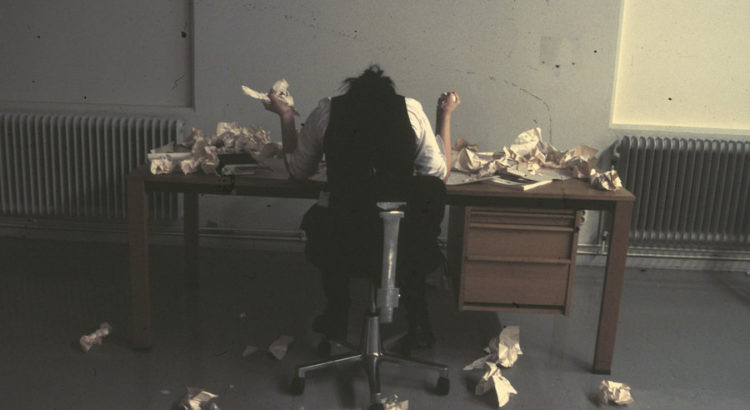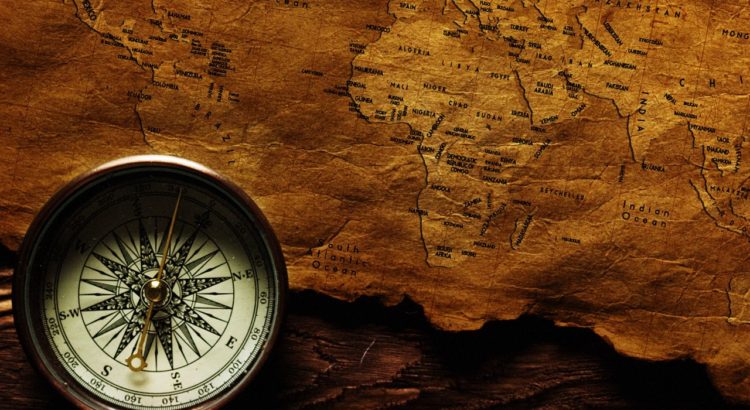Hearing about the terrorist attack that happened in New Zealand was terrible but unsurprising. This time though, it was rather different. I had friends who studied in New Zealand and my mum’s colleagues was present at the mosque there when tragedy struck. My mum’s colleague lost her son. I felt numb when I heard this. Again? Someone I was faintly connected to was killed.
Friday came and I joined the congregation, listening to the sermon we all badly needed during Friday prayers. To say it was deep is an understatement. The imam (person who leads prayers) reminded us that we needed to have courage in these trying times, to hold on to our faiths despite looming threats of Islamophobia. He stated, “Islam began as strange and it will end as strange”. This gave me pause. True, I thought.
Incidentally during the prayer, the imam read a prayer that I had memorized, a prayer inscribed on my whiteboard near my study table. The prayer translates to “Did We not relieve your heart for you, and remove the burden that weighed so heavily on your back, and raise your reputation high? So truly where there is hardship there is ease, truly where there is hardship there is also ease. So when you are free, work on and direct your requests to your Lord”. Within moments of realizing that the imam was reciting this prayer, tears trickled down my face. I had written the translation down to remind me that things are going to be okay when I was stressing out from exams. And here it is, revealing itself when I needed it.
Me and my friend attended the vigil together. The mood was somber but the weather seemed to empathize with us, cloudy one moment, snowy the next. Out of nowhere, a beam of light shone on the crowd while snowflakes fluttered away like the fragile little things they are. Stories were shared and the Quran was recited, casting a solemn aura in the atmosphere. The crowd slowly grew as more people stopped by to give their support for New Zealand’s victims.
My head swiveled at the sound of someone yelling. My eyes averted to see two security guards saying one word, “Run”. There’s someone with a gun amongst us, I thought. Immediately, I grabbed my friend’s arm and ran, fear and adrenaline fueling my sprint. I couldn’t think, I couldn’t think. A sense of danger engulfed me.
The next sequence of events were mostly of distress. I headed to the basement with two friends. When rumors spread that the shooter was headed to the Ugli, I became very scared and started crying in my friends arms whilst shaking. Another friend called me – she had noticed I was distressed – and she told me to get out of the Ugli. “I can’t they already barricaded the doors. Oh okay, its okay just stay in there its going to be okay. I’m so scared, Anis. I know but you’re going to be okay, you’re safe in there”.
 I was uncontrollably crying and shaking at this point that my friend had to physically guide me into a room so we could barricade ourselves inside it. Lots of students poured in and huddled together, some in confusion, some in disbelief. I cycled between periods of being calm and occasional crying. Loud thumps were heard coming from upstairs, making all of us jerk with every thud.
I was uncontrollably crying and shaking at this point that my friend had to physically guide me into a room so we could barricade ourselves inside it. Lots of students poured in and huddled together, some in confusion, some in disbelief. I cycled between periods of being calm and occasional crying. Loud thumps were heard coming from upstairs, making all of us jerk with every thud.
An hour later, we all got out.
People joked about the ’emergency’. “Oh it was just balloons popping” said one. I didn’t think it was funny one bit. “Easy to say if you weren’t the one at the vigil or being barricaded in the targeted area”, I frequently thought. Even if the threat wasn’t real, the fear a lot of us felt was.
Every time I heard the joke packaged in different ways, I still winced. It hurt me. It hurts me to hear this being joked about because when I went home that day, I couldn’t think. My knees shook from time to time. Joking makes my aftermath stress reactions seem invalid, when they aren’t.
(Featured photo, an example of Islamic tile art: Google Images/ First picture: taken during the vigil/ Second picture: being barricaded inside a small room inside Ugli’s basement)


 No writing is wasted. Did you know that sourdough from San Francisco is leavened partly by a bacteria called lactobacillus sanfrancisensis? It is native to the soil there, and does not do well elsewhere. But any kitchen can become an ecosystem. If you bake a lot, your kitchen can become a happy home to wild yeasts, and all your bread will taste better. Even a failed loaf is not wasted. Likewise, cheese makers wash the dairy floor with whey. Tomato gardeners compost with rotten tomatoes. No writing is wasted: the words you can’t put in your book can wash the floor, live in the soil, lurk around in the air. They would make the next words better.
No writing is wasted. Did you know that sourdough from San Francisco is leavened partly by a bacteria called lactobacillus sanfrancisensis? It is native to the soil there, and does not do well elsewhere. But any kitchen can become an ecosystem. If you bake a lot, your kitchen can become a happy home to wild yeasts, and all your bread will taste better. Even a failed loaf is not wasted. Likewise, cheese makers wash the dairy floor with whey. Tomato gardeners compost with rotten tomatoes. No writing is wasted: the words you can’t put in your book can wash the floor, live in the soil, lurk around in the air. They would make the next words better.



